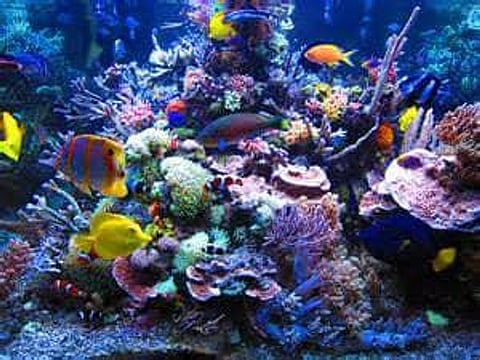Many coastal communities and even nations—depend on coral reefs for their livelihoods, but, due to climate change, overfishing, pollution, and unsustainable coastal development, the reefs are now endangered. In fact, the coral reefs of the caribbean are known to have diminished upto 90% already! Due to discarded fishing gears,coastal erosion, development, deforestation and other terrestrial activities, increasing sediment loads are being transported to coral reefs via river discharges and surface run off. A combined analysis data spanning 25 years has revealed that in the Caribbean, coral reefs are declining at a rate of 5.5% – 9.2% per year. In the Indo-Pacific region, a 2% loss of coral reefs per year has been estimated. These activities have posed a severe threat to the coral reefs.


